Acne is a common skin concern that affects millions of people worldwide. It can be a source of frustration and self-consciousness, leading individuals to seek effective treatment options. In this article, we will delve into the world of acne treatments, providing valuable insights and recommendations to banish breakouts and achieve clear, radiant skin.
Understanding Acne
“Acne is an inflammatory, papulopustular skin eruption occurring usually in or near the sebaceous glands on the face, neck, shoulders, and upper back.” (Heathman, C.) It is a skin condition characterized by the formation of open comedones (blackheads), closed comedones (whiteheads), papules, pustules, nodules, and cysts. It occurs when hair follicles become clogged with dead skin cells, oil, and bacteria. Acne can manifest in various forms, including mild comedones and severe inflammatory lesions.
Acne breakouts are influenced by several factors, including hormonal changes, excess oil production, bacteria, and inflammation. Understanding the underlying causes of acne is crucial for developing effective treatment strategies.
Importance of Acne Treatment
Acne not only affects the physical appearance of individuals but also has a significant impact on their emotional well-being. The visible blemishes and scars can lead to decreased self-confidence, social anxiety, and even depression. That’s why it is crucial to seek timely and appropriate acne treatment.
Effective acne treatments can help reduce breakouts, minimize inflammation, and prevent the formation of acne scars. It can also improve the overall texture and appearance of the skin, restoring a sense of self-assurance and confidence. However, it’s important to dispel common misconceptions about acne treatment, such as the idea that acne will naturally go away on its own or that certain home remedies can provide a quick fix.
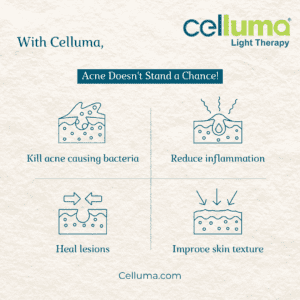
Esthetician-Recommended Acne Treatments
Estheticians are skin experts. We have a host of tools at our disposal that will help to get and keep you clear. One of the greatest tools we have is pharmaceutical-grade homecare products that are free from pore-clogging ingredients. We also suggest services that include the use of chemical peels, extractions, High Frequency, Ultrasonic spatulas, and blue LED light therapy. These procedures can help unclog pores, reduce inflammation, and promote skin healing. It’s important to discuss the potential benefits and side effects of each treatment option with your esthetician before the service.
Skincare Routine for Acne-Prone Skin
In addition to treatments with your esthetician, establishing a proper homecare routine is vital for managing acne. A well-designed skincare regimen can help control excess oil production, keep pores clear, and reduce the risk of future breakouts.
A basic skincare routine for acne-prone skin typically includes:
- Cleansing: Use a gentle cleanser that won’t strip the skin of its natural oils.
- Toning: Balance the skin’s pH levels and remove any residue left after cleansing.
- Moisturizing: Choose non-comedogenic moisturizers that hydrate without clogging pores.
- Exfoliating: Gently exfoliate once or twice a week to remove dead skin cells and unclog pores. Avoid over-exfoliation, as it can irritate the skin and lead to more breakouts.
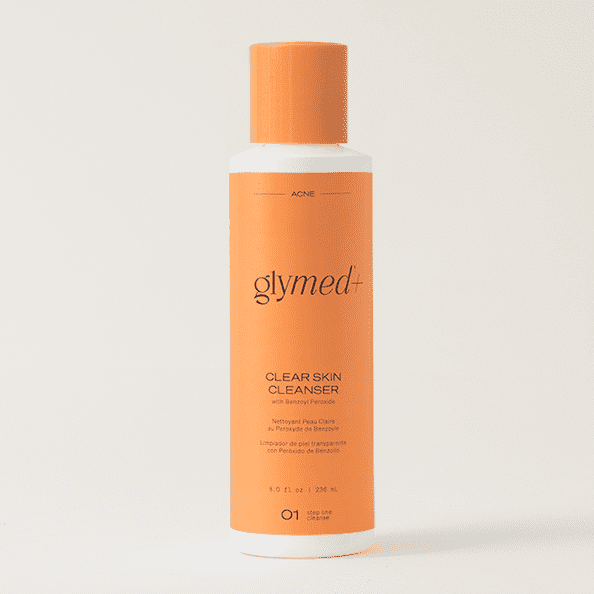
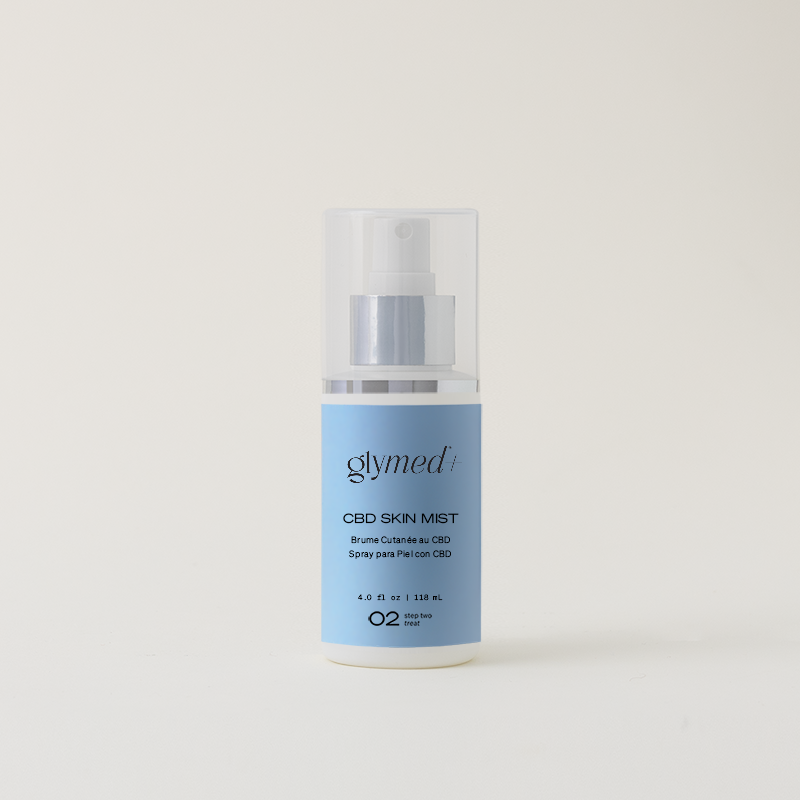
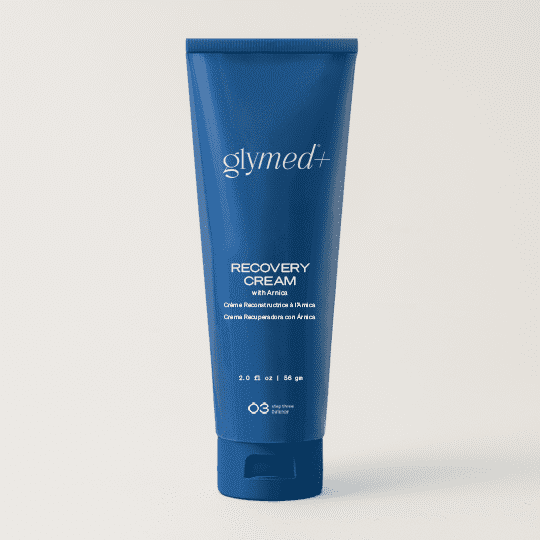
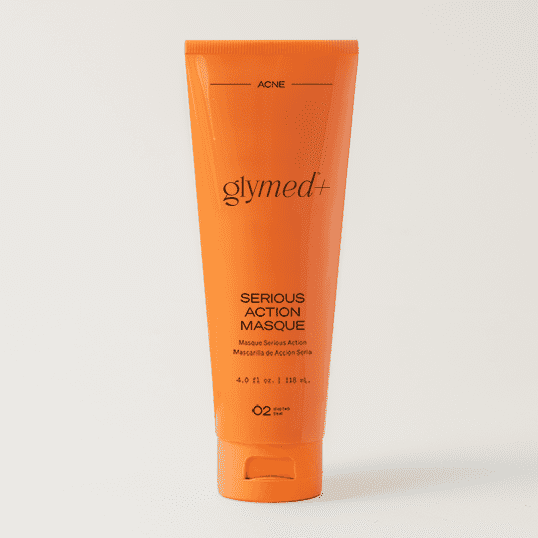
Lifestyle Changes to Prevent Acne
While treatments and skincare routines play a significant role in managing acne, certain lifestyle changes can also contribute to clearer skin. Paying attention to diet, managing stress levels, and prioritizing adequate sleep can help prevent acne breakouts.
Here are some lifestyle tips for preventing acne:
- Diet: Follow a balanced diet rich in fruits, vegetables, whole grains, and lean proteins. Avoid excessive consumption of sugary, processed foods and dairy products that can trigger acne in some individuals.
- Stress Management: Engage in stress-management techniques such as exercise, meditation, or hobbies to reduce stress levels and promote healthier skin.
- Sleep: Get an adequate amount of sleep to allow the body to repair and regenerate, resulting in improved skin health.

Addressing Acne Scarring
Acne scars can be a long-lasting reminder of past breakouts, affecting self-esteem and confidence. Fortunately, there are various treatment options available to address acne scarring and improve the appearance of the skin.
In California, estheticians are able to use chemical peels to exfoliate the top layers of the skin, revealing smoother and more even-toned skin underneath. We can also use Red LED Therapy to encourage collagen and elastin growth where scarring has occurred.
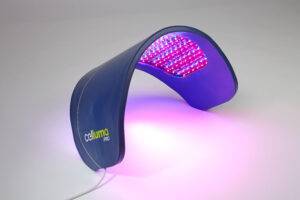
Dermatologists in California are able to use microneedling, a procedure that stimulates collagen production and promotes skin healing. Laser resurfacing is another effective treatment for acne scarring. These treatments should be performed by a trained professional and tailored to your specific needs and skin type.
Overcoming Acne-Related Emotional Challenges
Dealing with acne can have a profound impact on an individual’s emotional well-being. It’s important to address the emotional challenges that may arise and develop strategies to overcome them.
Building self-esteem and self-acceptance is crucial. Remember that acne does not define your worth as a person. Surround yourself with supportive individuals who understand and appreciate you beyond your skin’s appearance.
Engaging in activities that make you feel good about yourself can also boost confidence. Take care of your overall well-being by engaging in hobbies, practicing self-care, and pursuing activities that bring you joy.
If you find that your emotional well-being is significantly affected by acne, don’t hesitate to seek support from a mental health professional. They can provide guidance and tools to help manage the emotional challenges associated with acne.
Frequently Asked Questions
Can I get rid of acne overnight?
Acne is a complex skin condition that requires consistent treatment and care. It’s not possible to eliminate acne overnight, but with the right approach, you can effectively manage and reduce breakouts over time.
Will wearing makeup make my acne worse?
Not necessarily. Look for non-comedogenic or oil-free makeup products that are less likely to clog pores. Properly removing makeup at the end of the day is also important to prevent breakouts.
Can stress cause acne?
Stress can contribute to acne breakouts by triggering hormonal changes and increasing inflammation in the body. Managing stress through relaxation techniques and self-care can help reduce the impact on the skin.
How long does it take for acne scars to fade?
The time it takes for acne scars to fade can vary depending on the type and severity of the scars. Some scars may gradually fade over several months, while others may require more intensive treatments for significant improvement. It’s best to consult with an esthetician or dermatologist to discuss the appropriate treatment options for your specific scars.
Are there any natural remedies for acne?
While natural remedies can help manage acne to some extent, it’s important to note that they may not be as effective as professional treatments or skincare products. Some natural remedies that may help include tea tree oil, witch hazel, and aloe vera gel. It’s best to consult with an esthetician or dermatologist for personalized advice.
Can certain medications cause acne?
Yes, certain medications can cause or exacerbate acne breakouts. These may include corticosteroids, hormonal contraceptives, and some anti-seizure medications. If you suspect that your medication is contributing to your acne, consult with your healthcare provider for alternative options or additional treatments.
Can I pop my pimples to make them go away faster?
Popping pimples can actually worsen acne and lead to more inflammation and scarring. It’s best to avoid squeezing or picking at your pimples. Instead, consult with a professional esthetician who can safely perform extractions if necessary.
Can sun exposure improve acne?
While sun exposure can temporarily improve acne due to its drying effect, long-term sun exposure can actually worsen breakouts and increase the risk of sun damage and skin aging. It’s important to protect your skin from harmful UV rays by wearing sunscreen daily and seeking shade when necessary.
Can hormonal changes during pregnancy affect acne?
Yes, hormonal changes during pregnancy can cause changes in the skin, including acne breakouts. It’s important to consult with a healthcare provider before starting or continuing any acne treatment during pregnancy, as certain products or ingredients may not be safe for use.
Conclusion
Banishing breakouts and achieving clear, blemish-free skin is possible with effective acne treatment. By understanding the causes of acne, seeking esthetician-recommended treatments, adopting a suitable skincare routine, and making lifestyle changes, you can take proactive steps towards clearer skin.
Remember, managing acne is not just about the physical aspects but also about addressing the emotional challenges that may arise. Building self-confidence and seeking support when needed are essential parts of the journey toward healthier skin and overall well-being.
Don’t let acne hold you back from living your life to the fullest. Consult with an esthetician, develop a personalized treatment plan, and take the necessary steps toward banishing breakouts and reclaiming your confidence.
Visit Acne by Estie Co! for more information about effective acne treatments.
